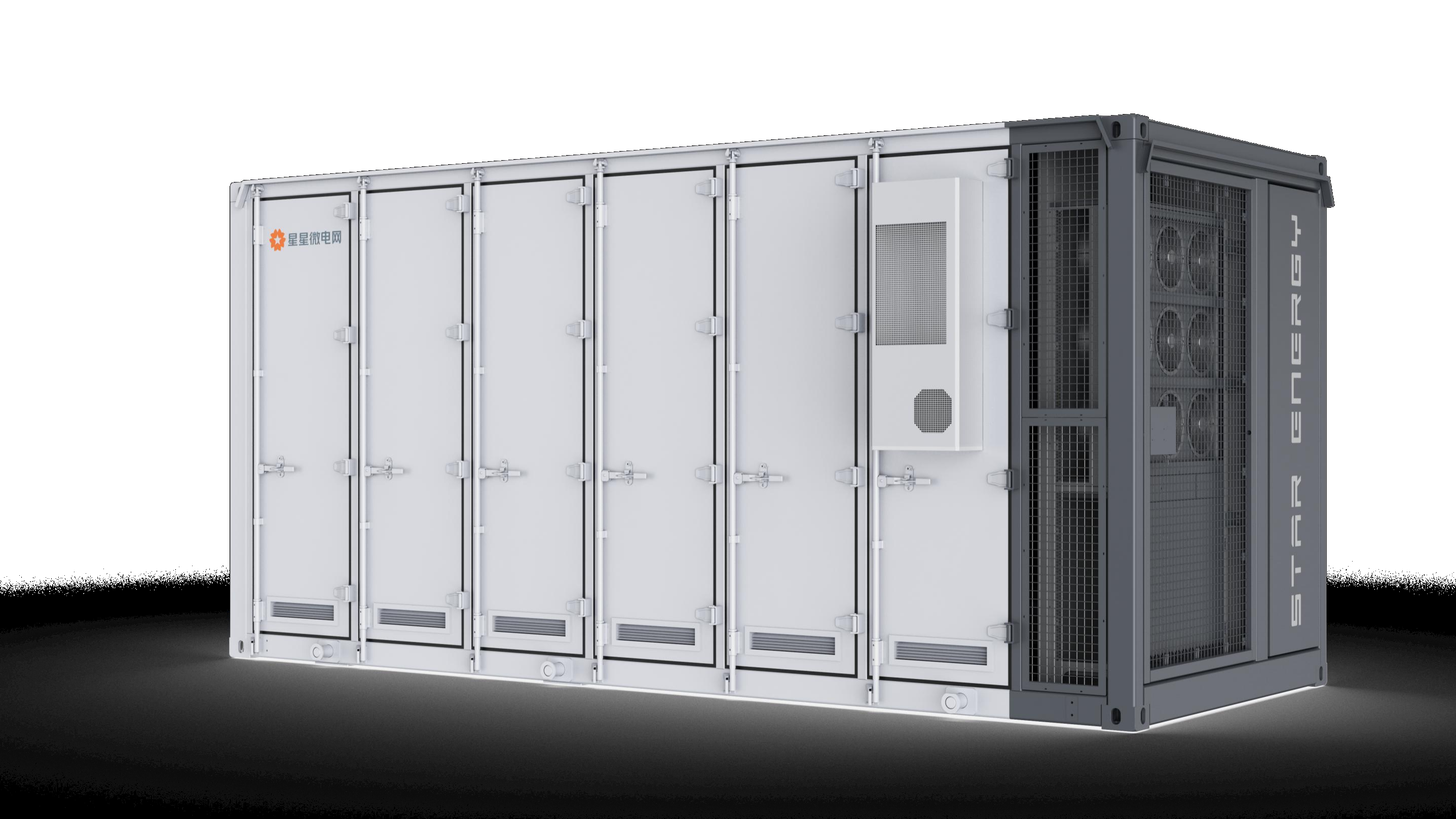Wedoany.com Report-Nov 26,Solar and storage developer Buccleuch Group has submitted a planning application for a new solar plus storage development near Kettering, Northamptonshire.
The Oakley Bush solar and battery energy storage system (BESS) project is a proposed 39MW solar development, with a 10MW BESS proposed for the site. The application area, which covers 150 hectares of land on the Boughton Estate, could play host to as many as 130,000 ground-mounted solar modules, positioned around 3.5 metres above the ground.
According to the application documentation provided to Kettering District Council, two BESS technologies are being considered for use on-site: lithium-ion batteries or vanadium flow batteries. If vanadium flow batteries are used, the site could have an energy capacity of up to 50MWh, although this will be lower if lithium-ion batteries are used.
In a presentation given at a public information event for the project earlier this year, the developers noted that vanadium flow battery technology is being considered due to its significantly lower fire risk and longer lifespan than lithium-ion batteries. An operational lifespan of 40 years is expected for the site, with construction expected to take 18 months if planning consent is granted.
The formal consultation period for the project is now open, and comments from the public will be accepted until 18 December. Developer Buccleuch has not provided any dates for when it expects construction to begin if the project is approved, although Kettering Council have set a target decision date for 25 February 2025.
The Oakley Bush proposal is the first English solar and BESS development put forward by the Edinburgh-headquartered Buccleuch Group. The group submitted a Section 26 Planning Application for its 200MW Salters BESS project in Midlothian, Scotland, to the Scottish Government’s Energy Consents Unit (ECU) earlier this year, and plans to submit an application for the 400MW Lagrae BESS in the Dumfries and Galloway region in the coming months.
Increasing solar capacity could slash energy bills
News of new solar proposals could be welcome for those facing soaring energy costs, according to new data released by the UK’s solar energy trade body.
Last week, Solar Energy UK published research conducted by the Durham University Energy Institute that stated if 60GW of solar capacity is installed by the year 2030, energy costs could be as much as 12% lower than if the UK only hits the 47.7GW of solar capacity predicted by the National Energy System Operator’s (NESO) Clean Power Plan. Additionally, the benefits of co-located projects like the Oakley Bush proposal are even greater, as digital twin studies of the UK’s power grid suggest that expanding BESS capacity could lower energy costs even further while also making hitting 2030 clean energy targets much easier.
Solar Energy UK recently slammed NESO for the 47GW solar target it has set out for the UK by 2030 as demonstrating “a limited understanding” of the potential of solar energy and BESS technology, as well as a “concerning lack of ambition” for the technologies. Solar Energy UK also claims that it had little opportunity to contribute to the NESO’s clean power scenarios and criticises the report for being based on “outdated” statistics and lacking depth.

















